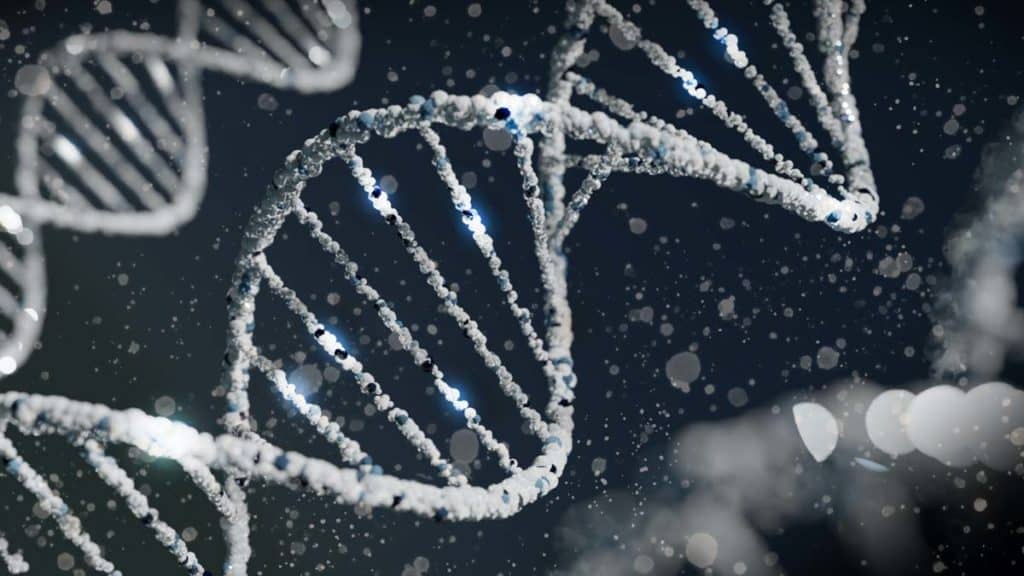Addiction, whether to drugs, alcohol, or something else, has a profound impact on the lives of millions of Americans and their families. Every year more than 22 million youth and adults receive a substance use disorder diagnosis, and millions more enter addiction treatment facilities to put struggles with addiction in the past. Like most mental health conditions, addiction and substance abuse can be caused by a variety of factors but, is addiction genetic?
What is Addiction?
Today, addiction is also referred to as a substance use disorder. A substance use disorder diagnosis can apply to addictions to drugs or alcohol. The American Psychiatric Association defines substance use disorder as “the uncontrolled use of a substance despite known harmful consequences.” Someone who struggles with a substance use disorder experiences an overwhelming and intense focus on obtaining and using certain substances, including tobacco, alcohol, and illicit drugs.
Unfortunately, this focus inevitably worsens to the point where substance use takes over their lives. Someone with an addiction will continue to use their substance of choice even when they know it’s causing problems in their personal or professional lives. In time, their dependency on drugs or alcohol becomes so severe that the only way to detox and progress towards health and sobriety is to seek help at an action treatment center.
What Causes Addiction?
Addiction is a disease. However, there is no single cause for addiction, unlike many disease processes. Ongoing research into the root causes of addiction continues to uncover more and more potential risk factors that could contribute to a substance use disorder. Currently, known risk factors for addiction include trauma history, early experimentation with drugs or alcohol, mental health concerns, physical health problems, environmental factors, social factors, and biology (or genetics).
Is Addiction Genetic?

Genetics are traits or characteristics passed from parent to child. Genetics influence many aspects of a person’s development, including appearance and other unique features. Addiction is considered a hereditary condition, meaning that genetics can play a role in addiction development. Someone with a first-degree relative, such as a parent, child, or sibling who struggles with addiction, may be at an increased risk for developing an addiction as well.
Current research has suggested indicated that nearly half of a person’s risk of becoming addicted to drugs depends on their genetic makeup. Still, research into the effects of genetics is complicated. It is essential to remember that genetic predisposition (or heredity) is not the sole risk factor for addictive behavior. While genetics may play a role, environmental factors such as one’s home environment and social circle are also significant contributing factors.
Another challenge associated with linking genetics to addiction is variation. Because the root cause of addiction often varies from substance to substance, research has yet to uncover a “specific” gene that could increase the risk of addiction to a particular substance. To date, researchers have found more than 400 locations in the human genetic code that may influence addiction development.
How to Find Addiction Treatment Centers Near Me
Recent data from the National Institutes on Alcohol Abuse and Alcoholism (NIAAA) suggest that more than 18 million Americans, some as young as age 12, have an alcohol use disorder, and millions more struggle with addictions to illicit drugs and prescription drugs or experience symptoms of polysubstance abuse. It is essential to remember that addiction develops differently for everyone. In some cases, addiction can develop after just one use, whereas in others (as with alcohol), addiction develops out of a pattern of long-term substance abuse.
When you are ready to put struggles with drugs or alcohol in the past, it is vital to seek help at a drug rehab program like Grand Falls Recovery. Detox and withdrawal can be complex and difficult to manage without support and guidance. Attempting to quit on your own or “cold turkey” can lead to overwhelming withdrawal symptoms and potentially cause you to relapse back to drinking or using. At a drug rehab with medically supported detox, you will work with a team of professionals who are here to help you get safely and successfully get sober. They will monitor your physical and mental health throughout the detox and treatment process. As you progress through therapy, you will learn more about the tools and coping strategies you can use to maintain lifelong sobriety. Let us help you overcome addiction. Contact Grand Falls Recovery today for more information about our programs.

